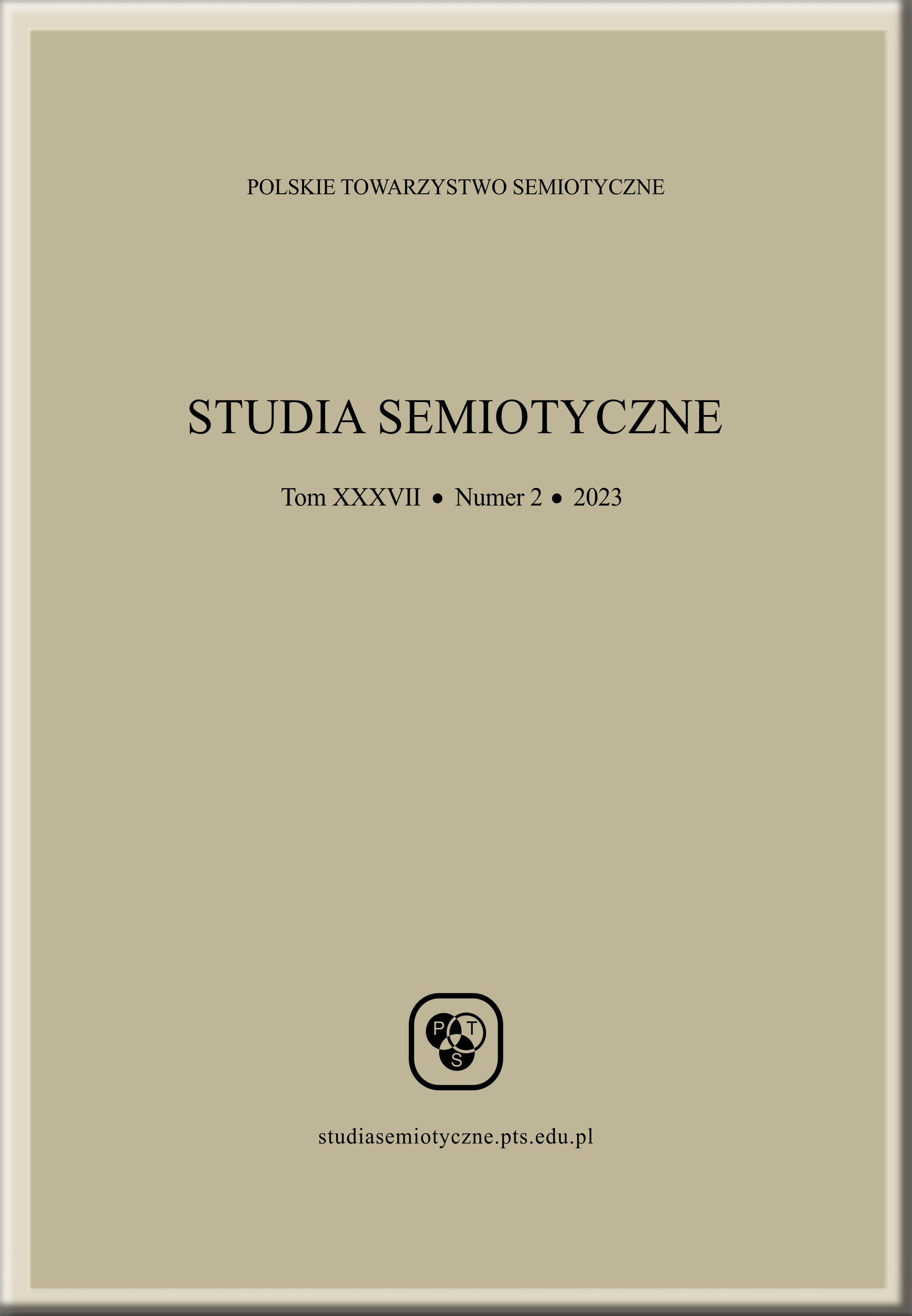ON SEMANTIC CONTENT, BELIEF-CONTENT AND BELIEF ASCRIPTION
ON SEMANTIC CONTENT, BELIEF-CONTENT AND BELIEF ASCRIPTION
Author(s): JULIANA FACCIO LIMASubject(s): Semantics, Philosophy of Language
Published by: Polskie Towarzystwo Semiotyczne
Keywords: attitude ascriptions; belief attributions; proper names; cognitive significance;
Summary/Abstract: It is no surprise to anyone familiar with Fregean and Millian Theories that they struggle to explain the intuitive truth-value of sentences with proper names in modal and cognitive (such as belief) contexts, respectively. In this paper, I suggest that we can avoid the problems these theories face while at the same time preserving important intuitions by drawing a sharp distinction between semantic content (truth-conditions) and cognitive content (the content of cognitive attitudes), and by fixing the scope of Fregean and Millian theories to cognitive and semantic content, respectively. An immediate worry for this type of hybrid account is to explain the contribution of cognitive contents to the truth-conditions of attitude ascriptions. If they are different contents and the cognitive content is not part of the semantics, how can the truth-value of belief ascriptions be sensitive to cognitive content? If the semantic content follows Millianism, how can belief ascriptions that are otherwise identical but have different co-referring names have different truth-values? To answer these questions, I use Predelli’s (2005) semantic framework and argue that the truth-value of belief ascriptions is relativized not only to a world but also to a point of evaluation used to interpret the world. It is the point of evaluation that brings the cognitive content back to semantics and explains away the contradiction.
Journal: Studia Semiotyczne
- Issue Year: 37/2023
- Issue No: 2
- Page Range: 81-99
- Page Count: 19
- Language: English

